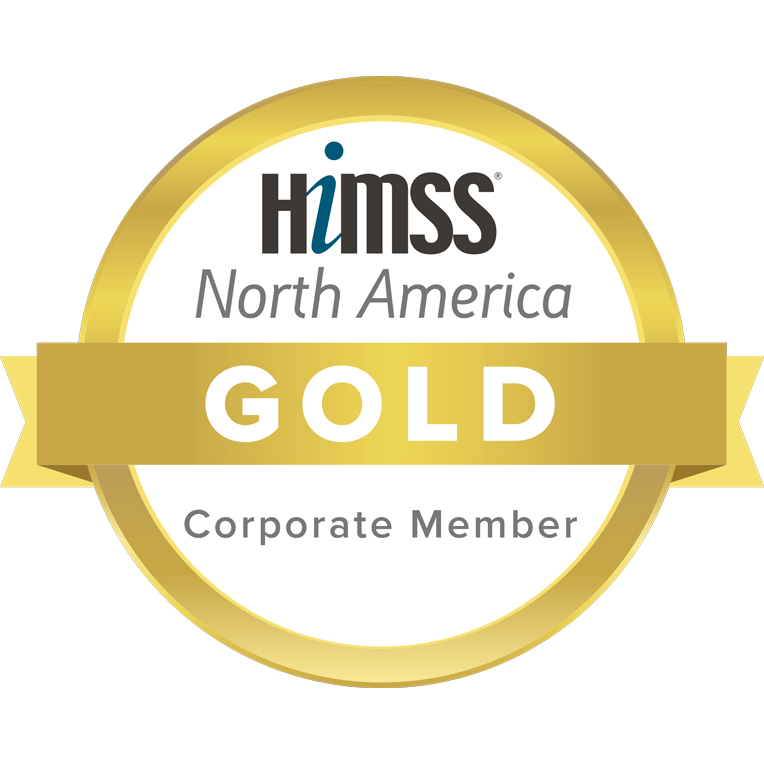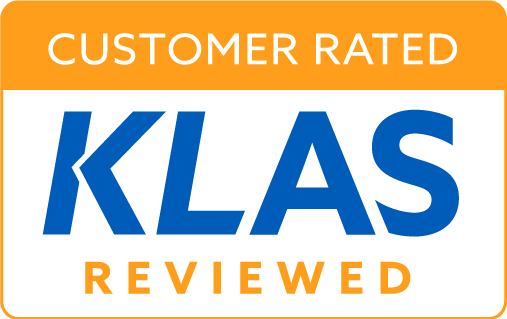So, You Want To Be A Consultant?
Thinking about becoming a full-time consultant? You aren’t alone. As we adjust to a post-COVID employment landscape, many people are rethinking their career paths. Maybe you’ve worked in healthcare for some time and are looking for a new challenge. Maybe you recently graduated and want to grow your resume. Or maybe you just received your first EMR Certification and dream of traveling the country. Regardless of your experience, transitioning to a role as a consultant can be a big adjustment.
Before you make the leap, there are some questions you’ll need to ask yourself. Fortunately, our team of Recruiters has guided countless healthcare IT professionals through career changes just like this and can help you determine if becoming a consultant is right for you.
Question #1: Do I want to pursue a position with a short-term contract?
We get it – this is a major decision. Worrying about leaving a full-time position can be overwhelming. Although you may be wary of leaving behind a standard 9am – 5pm job, many people (especially now that the pandemic appears to be winding down) are opting for the flexibility and freedom that consulting provides. As a healthcare IT professional, regardless of where your expertise lies, your skills are in high demand at health systems and you are not bound by geographical proximity for an opportunity. Most health systems are embracing remote and/or hybrid engagement models to secure the right talent for their projects.
By stepping into consulting, you’ll have the opportunity to make an impactful change on a grand scale, working with a variety of other IT and clinical professionals, learning new tips, tricks and tools all while traveling the country (if this is the path you choose!)
Question #2: Am I going to be just another number with an organization I know nothing about?
Culture matters, especially when joining an organization as a consultant for the first time. Aligning your values to the health system you’ll ultimately work for, and the firm you decide to work with, is absolutely critical to having a positive experience. Finding the right staffing firm can be challenging, but it can be helpful if you use some key criteria for identifying a good fit:
- Does the firm have a proven track record of success?
- Has it been recognized for any industry awards?
- Does the firm permit you to speak to other consultants they work with?
These are just a few differentiators to consider when looking for the right partner to help you assess this new career path.
Question #3: What should I expect in the way of support as I look for a consulting role?
Finding the right role that fits your skillset will drive your success. From your first interactions with a recruiter, you should know that they are by your side and will support you through each step in the process. That means your recruiter should consistently set expectations and connect with you about a position that fits your technical skills and cultural aspirations. A good recruiter will never ghost you.
Your recruiter should also be helpful in suggesting updates to your resume and preparing you for interviews by sharing insights about the client and their staff. While many firms might disengage after a successful interview, look for a recruiter that provides feedback – positive or otherwise. Not only can this ensure a successful start with a new client, but it can provide crucial insights for future projects.
Question #4: What happens after I’ve been on contract for a while? Should I expect gaps in employment or will my recruiter find new opportunities for me that align with my skills and experience?
Finding an organization that will be a strategic partner with you is imperative to continued success and career growth as a consultant. As you approach the conclusion of a project, a good recruiter will connect with you to discuss the next steps. They might keep you on the “bench” for a new position with your exact title once that becomes available. A great recruiter will connect with you well before the end date and ask questions to understand what you want next in your career. From there, maybe they can help extend the current project with the health system you’ve fallen in love with, or help you find a new gig at a different organization. Whatever your goals are, you must have the right partner that understands your long-term aspirations and helps you to avoid those employment gaps.
Making a major career change at any stage is always a bit scary. The unknown always is. But, if you like the idea of meeting new people in a variety of settings, helping them solve their problems and – in many respects – taking charge of your own destiny, consulting might just be for you.
If you’d like to learn more or meet an iMethods consultant who can share his or her story, let us know. We’re here to help you make the right decision for you.


